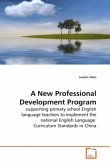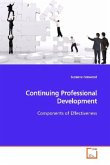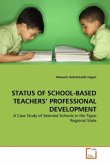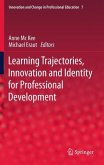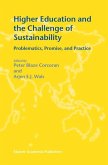The role of PD systems in innovation implementation by teachers who act as front-line change agents is recognised as typically presenting a number of challenges, particularly in the public-sector, basic education context and when the educational innovation is "top-down" and centrally mandated. In such a context, thus, what might constitute appropriate PD? By way of attempting some answers, this book documents an in-depth study of the ESL component of the teacher PD system employed in the recent Malaysian Smart School Curriculum (SSC) innovation project. Using heuristics derived from recently-developed frameworks for conceptualising PD provision, it helps to shed light on the optimisation of PD systems in educational contexts that are similar to that of the SSC. The book also identifies some of the lessons that can be learned from the operation of the SSC PD system, and the importance of remedying any perceived shortcomings in such systems in a culturally-appropriate manner. This book should be useful to anybody interested in teacher PD design and implementation in curricular innovation, especially policy makers, change managers and teachers themselves.
Bitte wählen Sie Ihr Anliegen aus.
Rechnungen
Retourenschein anfordern
Bestellstatus
Storno


